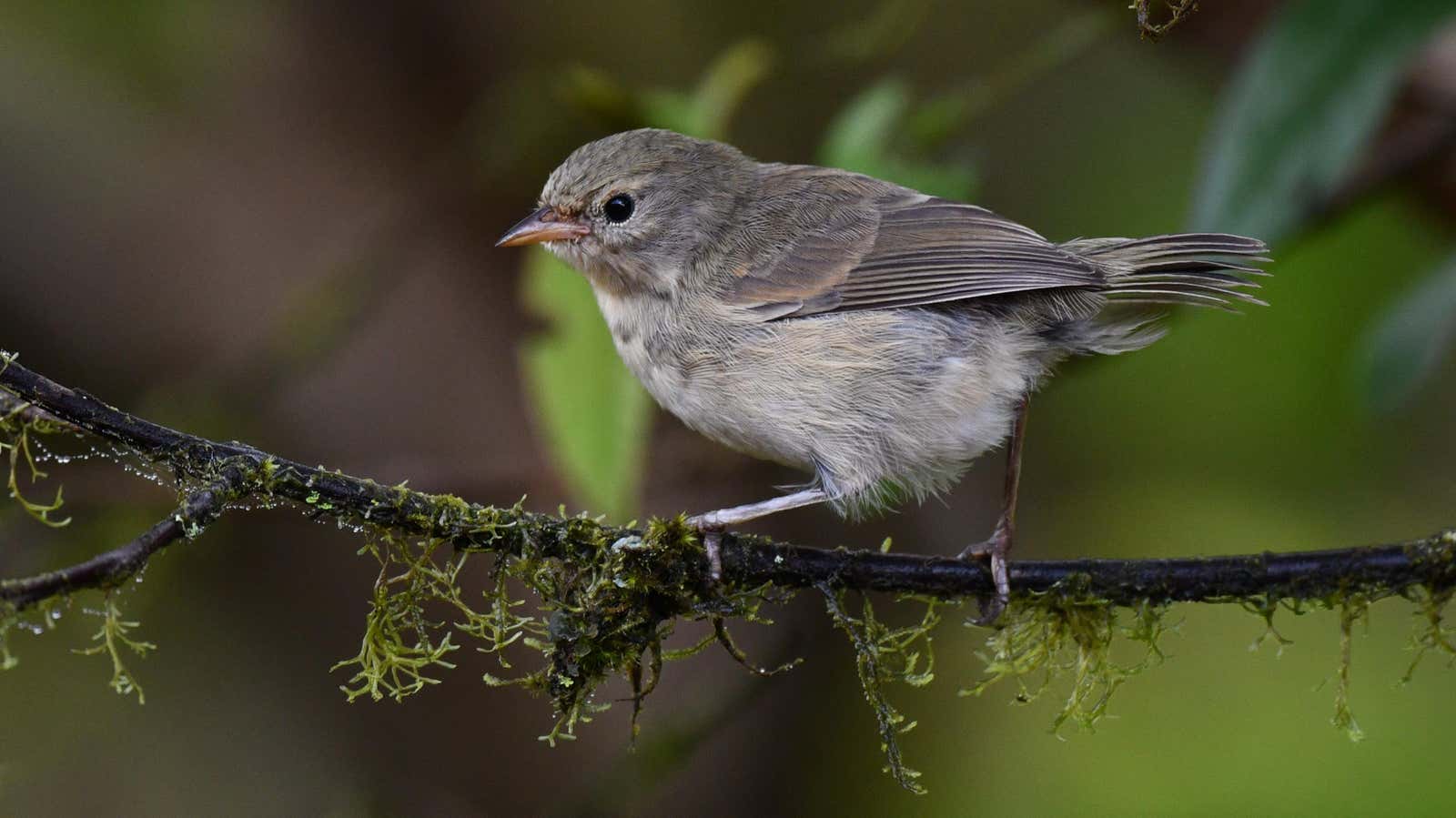Why You Shouldn’t Take Wild Birds

Growing up in the Midwestern countryside, I used to see people around me “rescue” injured birds, bring them into their homes, and take care of them. The local veterinarian even contributed to this by calling certain families when a sick bird came into his practice. We considered these birds lucky, Little Orphan Annie-style creatures blessed with the comfort of on-demand food and shelter from the cruel outside world. In adulthood, I know many people who do this with New York pigeons.
However, is this correct? Even if the bird is injured, is it possible to take it and turn it into a pet? Not really! That’s why.
First, it might be illegal
Before you bring a bird from outside your home, you should be aware of the Migratory Bird Treaty Act, a federal law that makes it illegal to own a protected species of migratory bird without a permit. This permit comes from the US Department of the Interior Fish and Wildlife Service. Are you going to jail for taking a bird? Probably not, but you should check the FWS website to see if the bird you found is on the protected list and apply for a permit if it is. (In general, only European starlings, pigeons, and sparrows are not legally protected in the US.)
Local laws may also apply. Although you need a permit to catch pigeons in New York , the city will not accept complaints that anyone keeps birds in chicken coops or as pets. Owning pigeons isn’t actually illegal in New York, but capturing them is. Most people catch pigeons because they think they’re pests, but if you’re trying to lure and trap a group to keep as pets (for whatever reason), you could also be breaking the law.
As the Centers for Disease Control and Prevention points out , governments also have regulations against certain pets due to noise, size, or public health risk. This means that even some of the birds actually bred as pets may be illegal. In short, owning a bird is legally more risky than you might think.
Wild birds are just not pets.
At Spruce Pets , bird expert Alison Calhagen and veterinarian Dr. Natasha Diehl report that keeping a wild bird as a pet “is a dubious idea in the vast majority of cases.” They note that it is “quite unethical” and not particularly humane to take a wild animal from its habitat and put it in a cage. Not only is it unfair to cage a wild animal, it can be even more morally reprehensible if the bird needs some sort of care. Spruce Pets experts note that a bird expert or veterinarian may not agree that you have a bird at all, so finding someone to treat the animal if necessary can be quite difficult. In this case, your bird will be sick or injured and no one will take care of it.
Of course, you might argue that taking an injured or sick bird inside is humane, or at least better, than leaving it to suffer or even die on the street. Unfortunately, birds are constantly dying on the street . However , Bird Watching Pro staff say that if a bird really cannot be rehabilitated, you might consider giving it a home, but you should never take a bird that is perfectly healthy just because you want to. Wild animals should be free.
If you find a chick and think you’ll just take it with you until it’s ready to return to its natural habitat, think about that too. According to the Cornell Lab’s All About Birds Project , “Even with professional care and feeding, people simply cannot teach chicks most of the skills they need to communicate with the natural world.” In effect, you are setting this bird up to die in unfamiliar territory for which it was not prepared.
If you end up encountering a wild bird, here’s what to do
If you find a wild bird that is actually injured, and you’ve not just grabbed a healthy animal for selfish pleasure, plus it’s one of the few species legally allowed to be kept, you still need to consider its welfare. Buying cells and seeds is not enough. Birds are flock animals that do well in flocks, so your new companion will be lonely and may even become depressed and self-harm.
You will need to have the bird checked by a veterinarian if you can find one to make sure it does not pose a health risk to you and your family or your other pets. Get expert opinion on what to feed your birds and how to create a healthy environment for them.
It is better to install bird feeders in the yard and enjoy the company of wild birds on the street, even if it is fleeting. You can also contact your local rehab or research center to see if volunteer opportunities are available. Then you can be among the birds and really help those in need – safely.